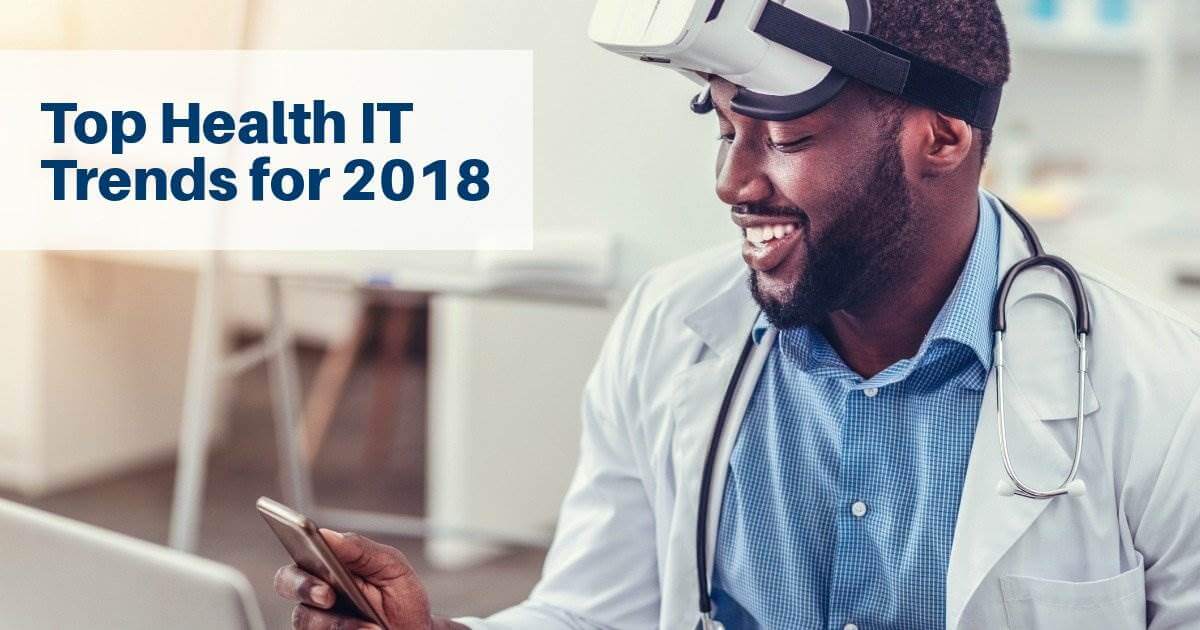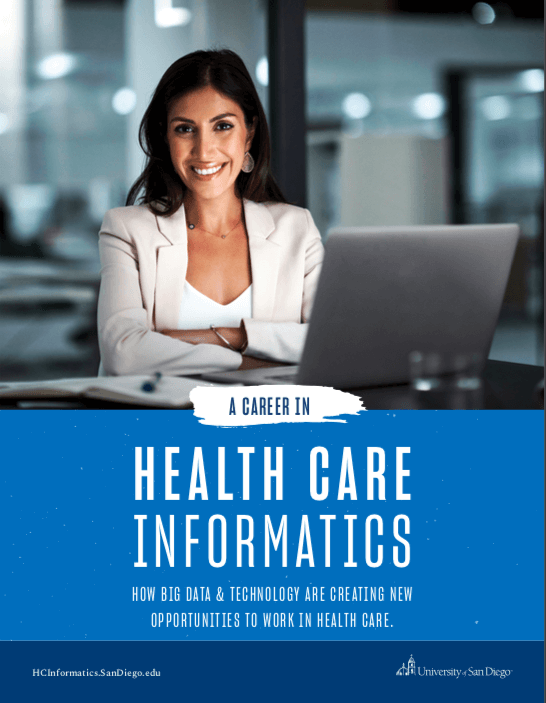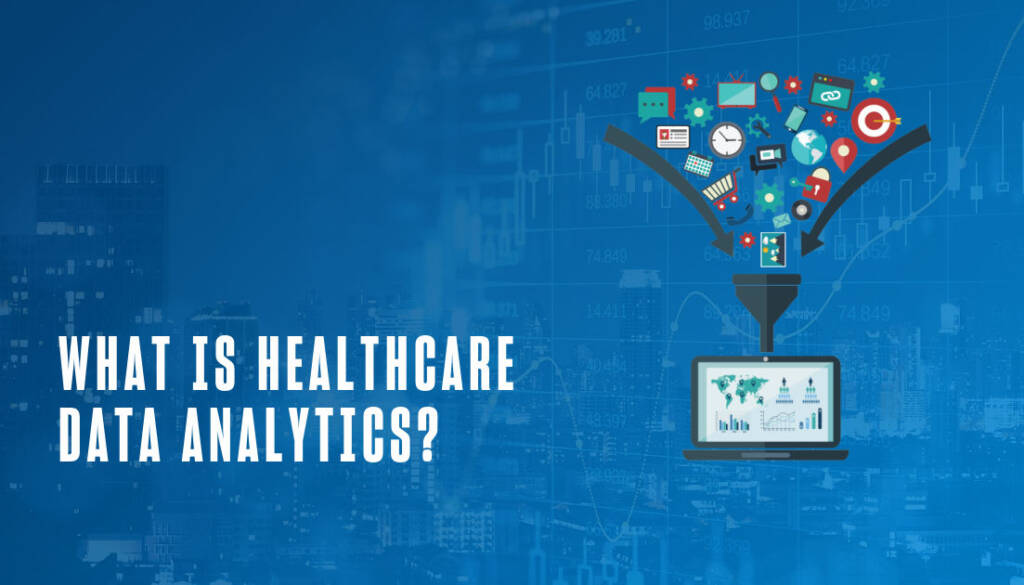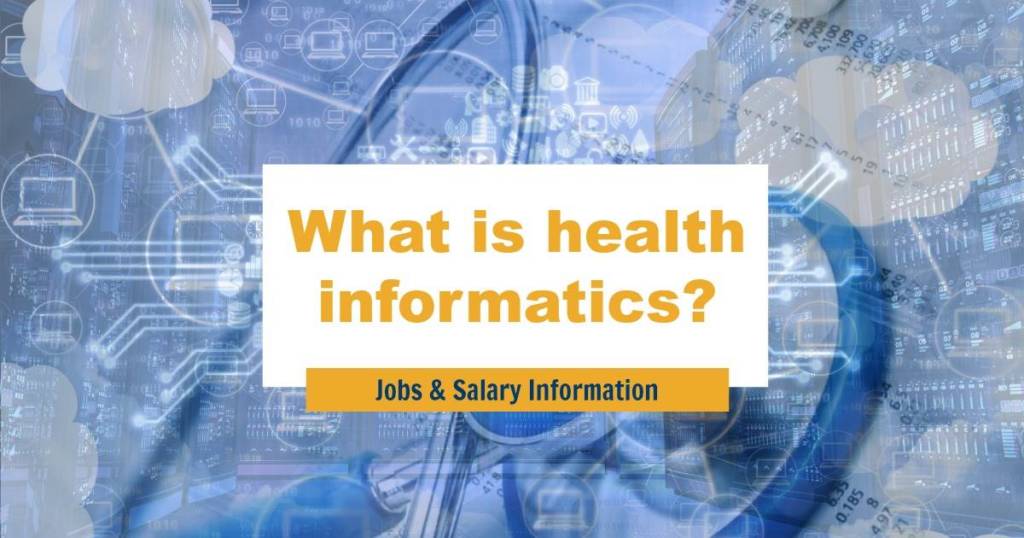How the Digital Revolution is Changing Health Care
Protecting data, collaborating to tackle new challenges and staying patient-focused as technology continues to drive change: These are the top concerns emerging from a health information technology survey of executives from some of the nation’s leading health systems.
Topics such as artificial intelligence, virtual care, consumer-facing technology and predictive analytics also emerged from the survey, which was conducted by the Center for Connected Medicine and served as the centerpiece of CCM’s recent Top of Mind Summit conference held December 2017 in Pittsburgh.
CCM describes itself as “a thought-leadership incubator and content hub where health care leaders from around the globe explore more efficient and effective models for delivering patient-centered care through strategically integrated health information technology.” Partners in the collaborative include GE Healthcare, IBM, Lenovo Health, Nokia and UPMC.
[RELATED] 8 Technologies That Are Changing Health Care >>
3 Key Themes: Data Governance, Collaboration, Patient Focus
Recent news about high-profile data security breaches is proof that the current approach to health care security is lacking, said keynote speaker Gus Hunt, a former chief technology officer of the CIA and current managing director of cybersecurity at Accenture.
Harkening back to the public-private collaboration that was essential to America’s campaign to put a man on the moon, he advocated for a government-led “cyber moonshot” — a galvanizing call to action that includes utilizing the cloud to help organizations control and protect their data from hackers.
Hunt’s remarks connected closely with three central themes that emerged during the summit:
- The need for all organizations to establish a robust and secure data foundation
- The importance of embracing an open, collaborative approach for implementing new technologies and security measures
- The need to keep the focus on the patient
These broad themes span the digital health space and are key to health care improvement, according to CCM.
1. Establishing a Robust Data Foundation
Creating a robust data foundation that is accurate, trustworthy and well-structured is crucial to implementing advanced health IT solutions, whether to enhance security or to improve patient care. Big data promises to revolutionize health care, but since data is the baseline for all analysis, said CCM, “getting the basics right around data management is the first, and most important, step.” For health systems, the threat of cyber attacks is a question of “when,” not “if,” according to Hunt, who said health organizations must protect themselves by rethinking current processes, hardening data and being more proactive about security. Some 92% of the survey respondents said they plan to boost resources dedicated to information security in the coming year.
[RELATED] How Health Informatics is Shaping Future of Health Information Management >>
2. Embracing a Collaborative Approach to Health IT
Summit speakers advocated a collaborative, partnership-focused approach to tackling health care’s biggest challenges. “Going at it alone will no longer be feasible for most organizations as the pace of transformation increases,” said CCM. “Organizations that recognize their current competencies, and leverage partnerships to bolster capabilities, will be the most successful in a rapidly changing health care environment.” Collaboration is regarded as crucial in the realm of data security, with Hunt advocating for public-private partnerships to develop effective new protocols around protecting sensitive data.
3. Keeping the Focus on the Patient
As technology continues to transform how health care organizations collect and utilize data — and as it fuels high-tech breakthroughs in wearables, artificial intelligence and virtual care — health care providers “must be vigilant about maintaining relationships with their patients while emphasizing patient needs and goals,” according to the CCM report. The promise of continuing advancements in patient care is exciting, but the report summarized that it is also “important to maintain a human perspective, remembering that each line of data is an individual life.”
Download the Report: Top of Mind for Top U.S. Health Systems 2018 >>
Illustrating this point, health care innovation consultant Erin Moore, whose son has cystic fibrosis, gave a presentation titled “The Human Use of Technology for Improving Care and Outcomes.” Moore emphasized that utilizing patient-generated data is an important step in understanding the full picture of the patient, and demonstrated how the use of technology can dramatically improve quality of life when applied with patient goals in mind. She then challenged the creators of next-generation health care products to make them truly interoperable, so data they generate can be securely shared by patients and their caregivers.
Current and Future Opportunities for Health Care Informatics Jobs
The shifting health care landscape discussed at the Top of Mind Summit is fueling rapid growth in the field of health care informatics, creating well-paid career opportunities for those with the right experience and education.
The CCM survey findings are eye-opening for health information management and health IT professionals, who may benefit from gaining new skills and education to position themselves for career success in this fast-growing field.
[RELATED] Healthcare Informatics Jobs and Salaries: What You Need to Know >>





